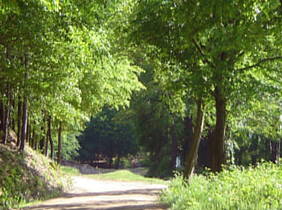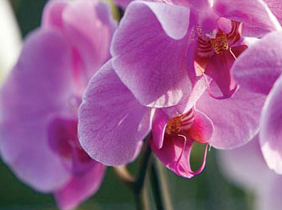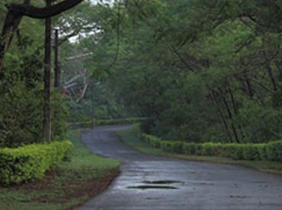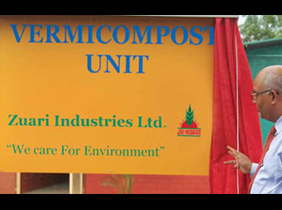Zero Effluent Plants
Zuari Agro Chemicals Limited was the first company to establish a zero effluent plant in the country. The success behind this is the fact that the plant has implemented a carefully planned system of segregating effluent, and recycling and reusing all wastewater that the plant generates. This cycle ensures that no wastewater is discharged that may damage the surrounding environment.
When initially conceived, the plant required five million gallons of water for its daily operations. The water was released into the ocean after being treated to ensure that it would not harm the marine life.
Wastewater at the Zuari plant was generated by a number of activities including pollutants from the cooling water used for the barometric condenser, process condensate, and discharge from the Ammonia plant, wastewater from the NPK A plant and effluent water from the utilities plants. All Zuari plants also discharged effluent water generated from domestic consumption and during washing.
Zuari management realised the potential problem that effluent water generation posed. The management established a number of measures to negate the discharge of effluent water from the plant.
Under the new system, wastewater generated due to a process in the plant is recycled, within the individual process and reintroduced for use. A hydrolyser stripper is used in the ammonia plant, allowing all condensate from the plant to be stripped and the water used in the treatment plant while the gases are utilised in the NPK plant.
Wastewater from the plants is segregated, recycled and reused. Sewage water from the plant is also recycled. The company even undertakes de-oiling and filtration of streams and the neutralization of amoniacal nitrogen streams and reuse. It is due to the implementation of these measures that today; Zuari no longer discharges any wastewater into the sea.
Read








